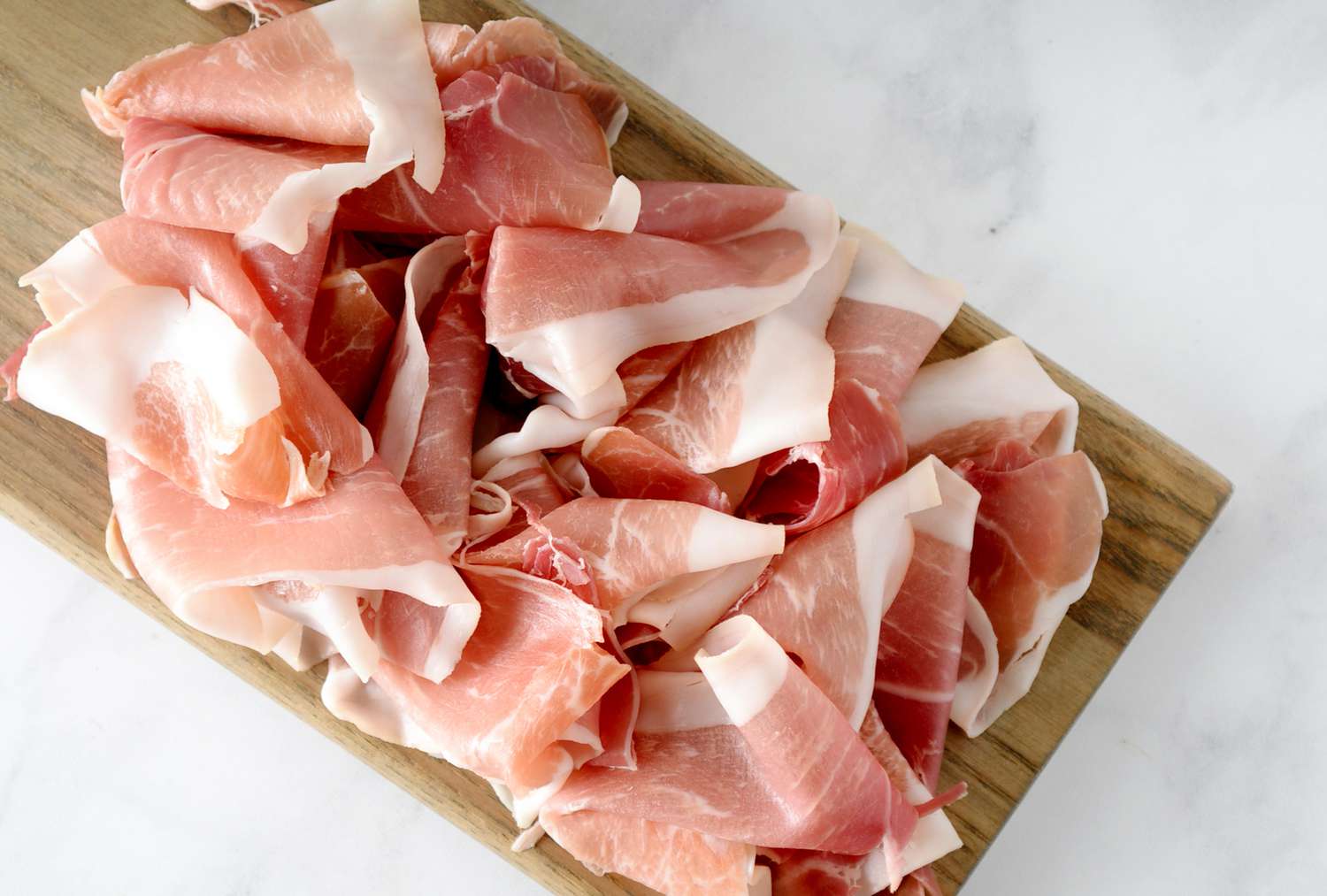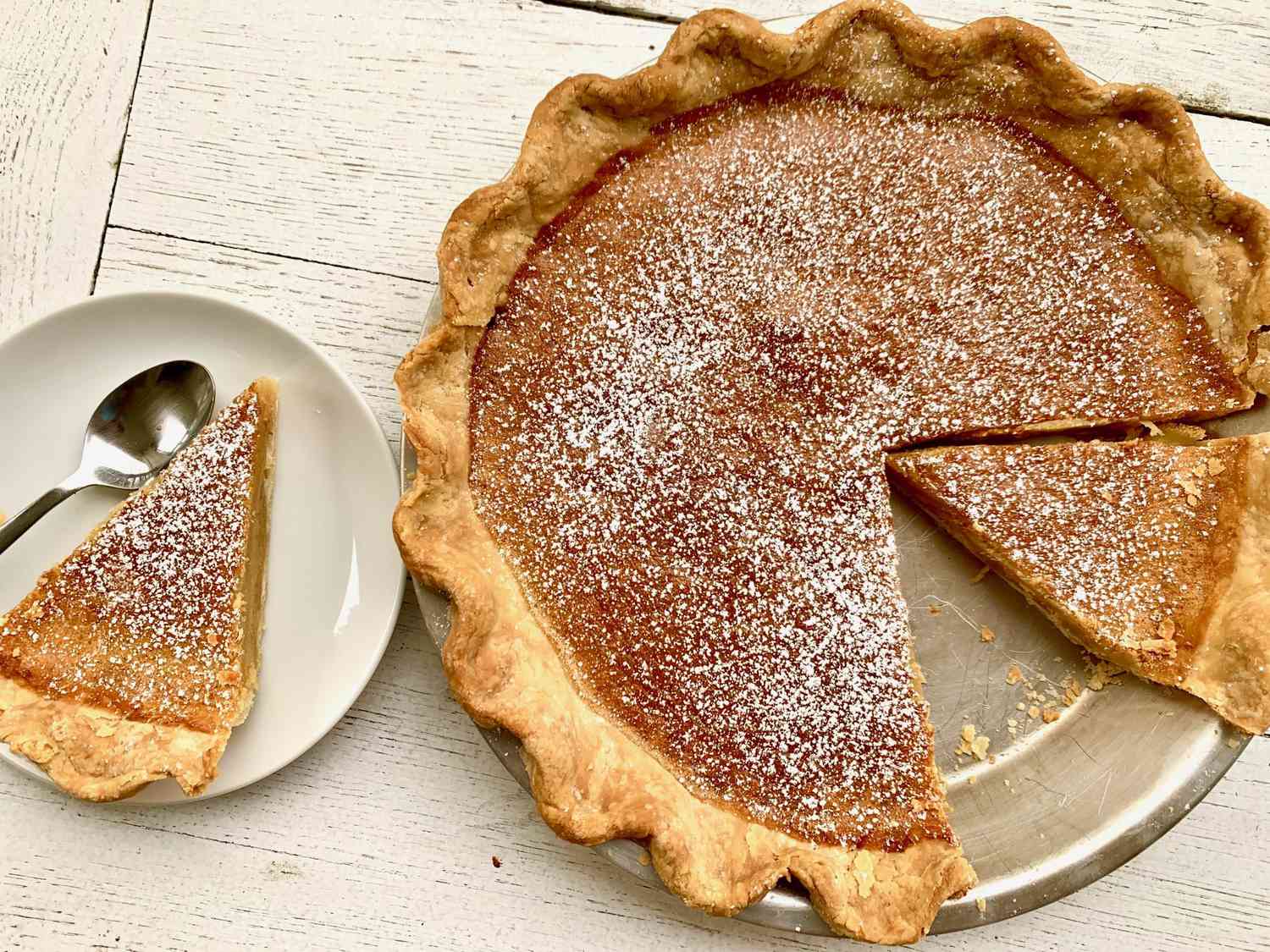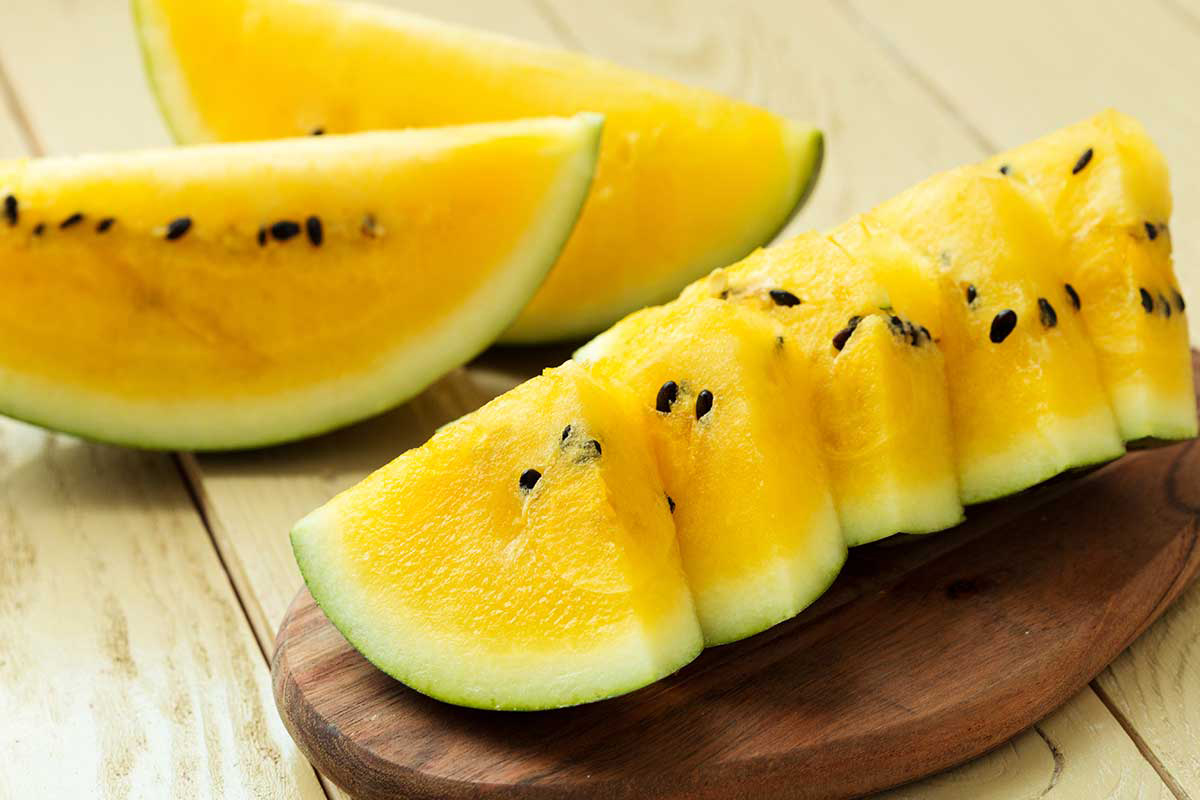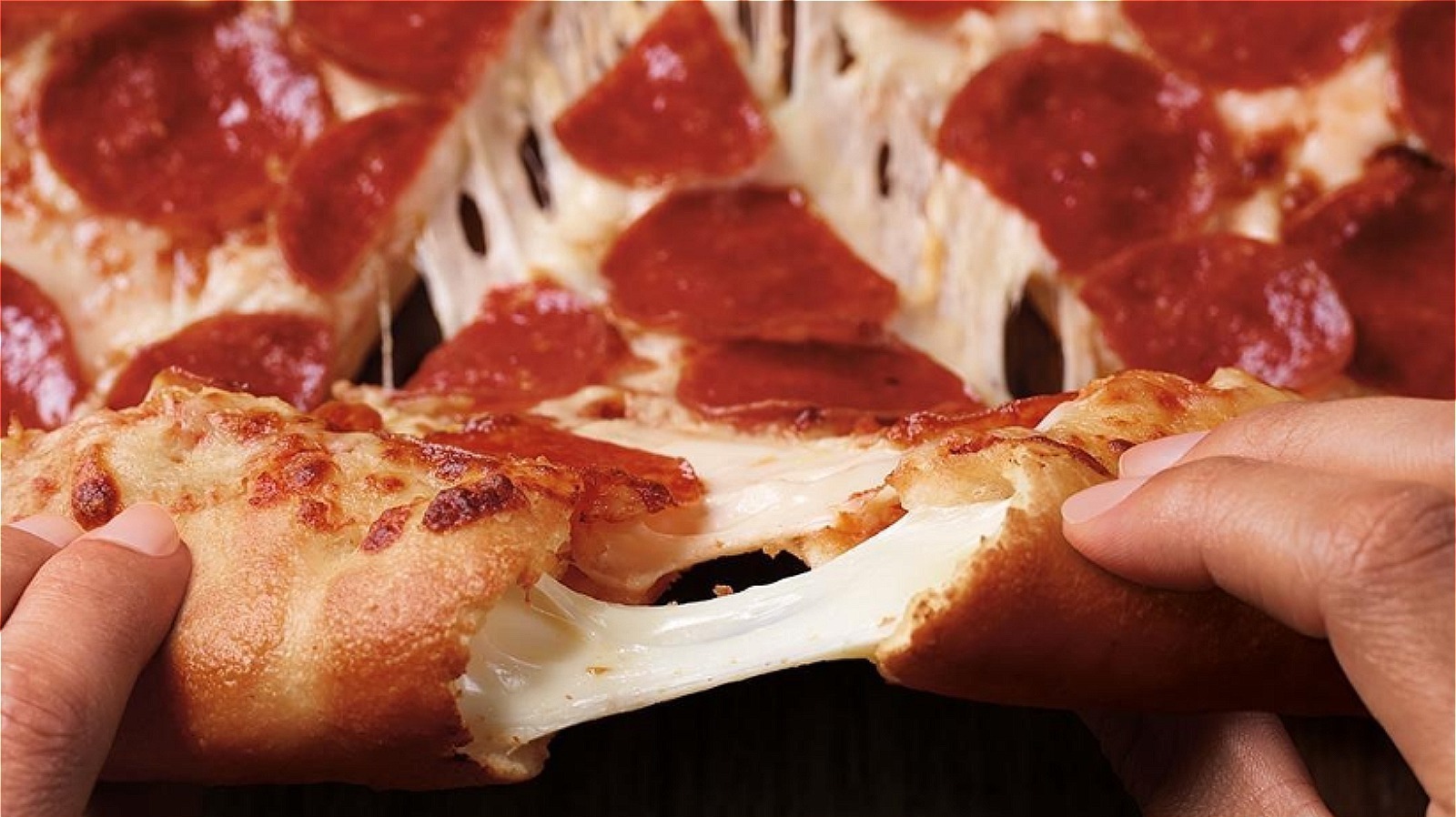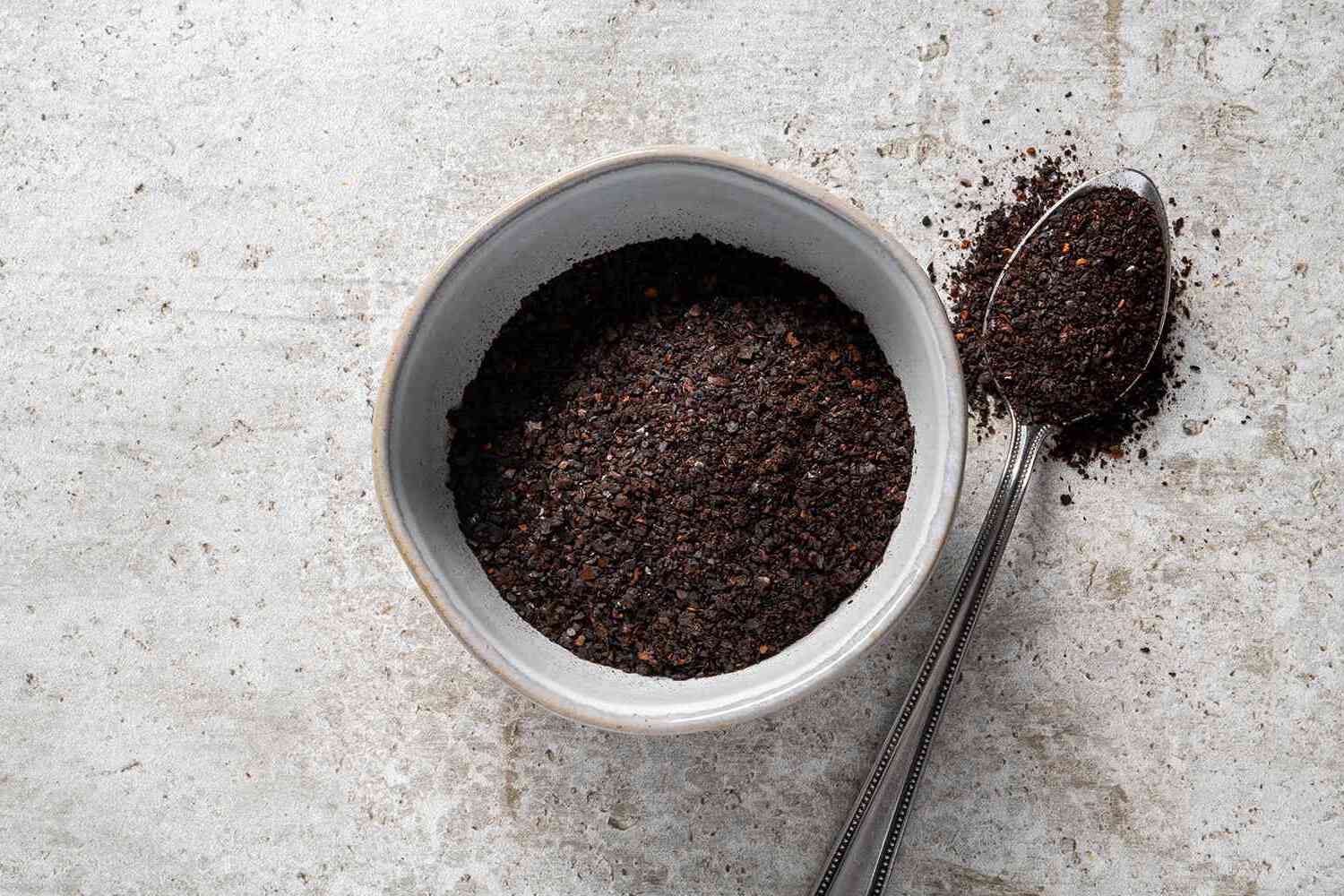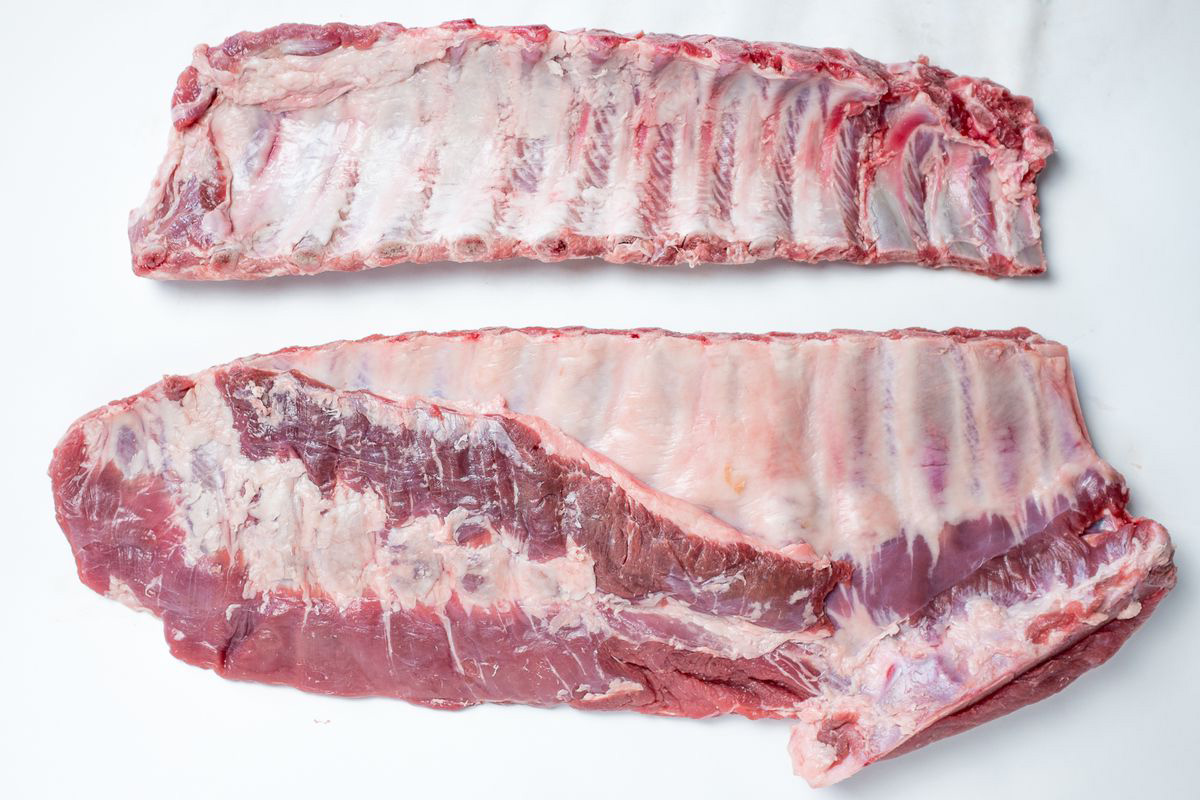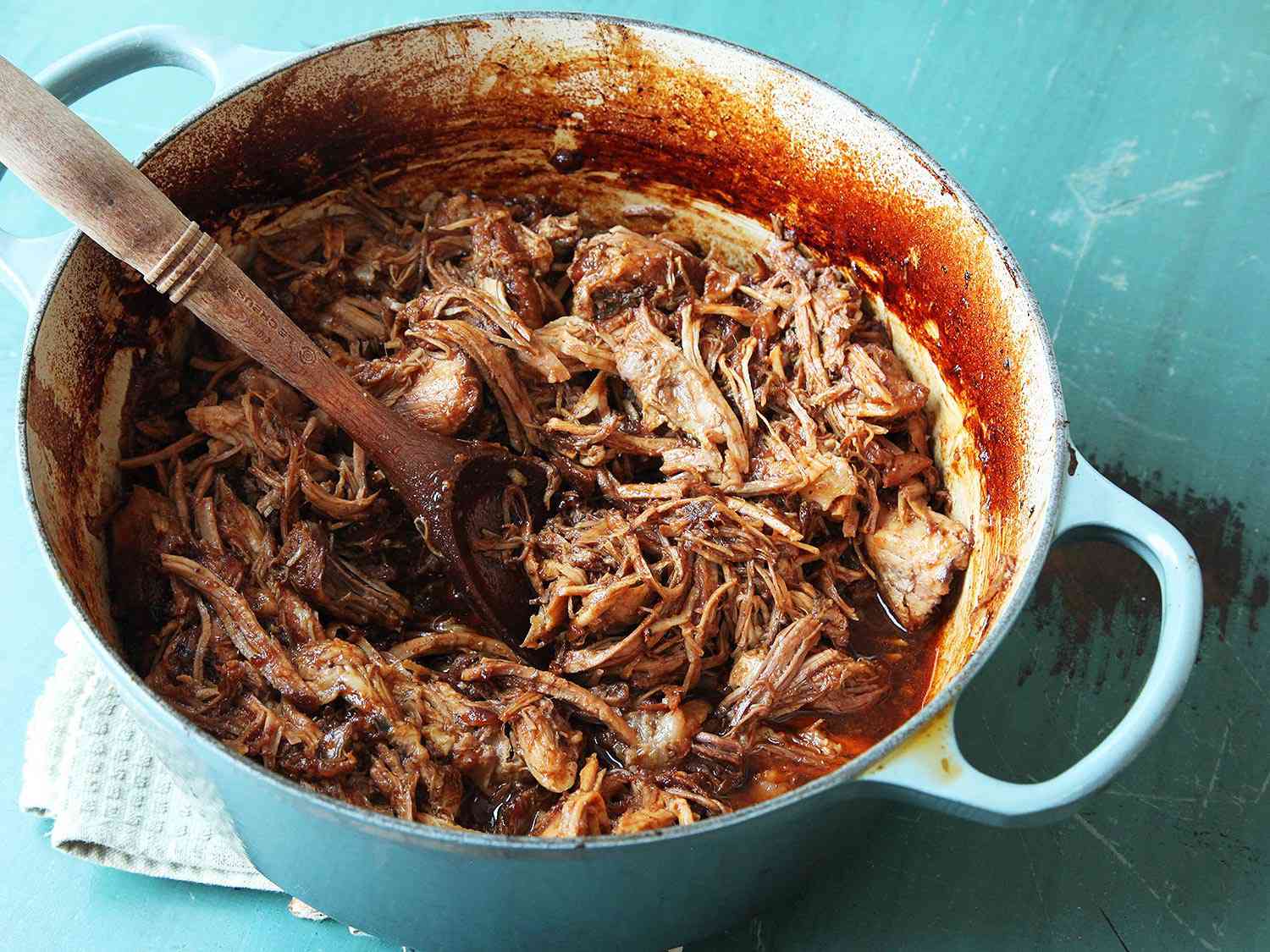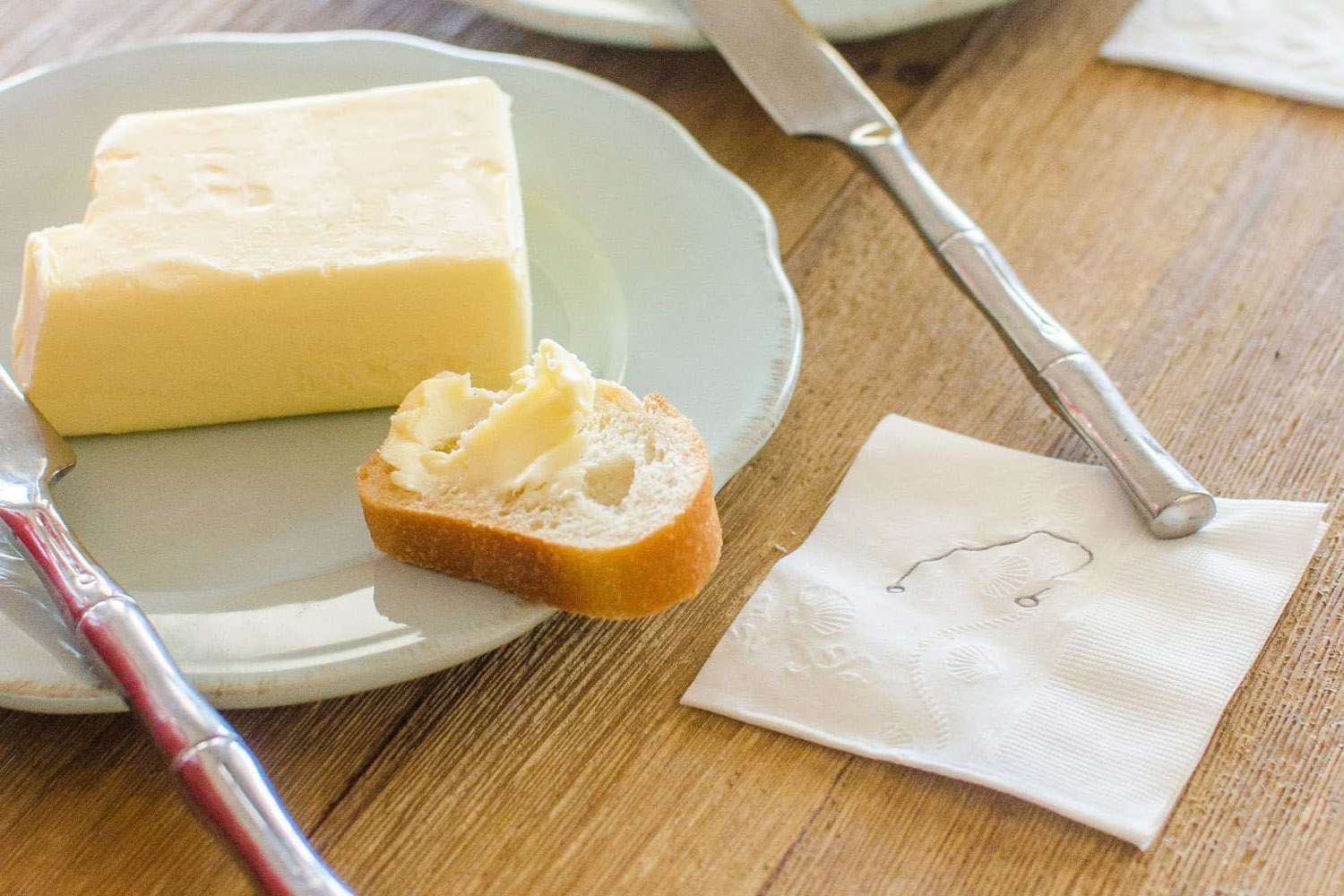Understanding Basic White Sauce
Basic white sauce, also known as Béchamel sauce, is a fundamental sauce in the culinary world. It serves as the base for many other sauces and is a versatile addition to a wide range of dishes. Whether you’re a seasoned chef or a beginner in the kitchen, understanding the basics of white sauce can elevate your cooking skills to the next level.
Ingredients
To make a basic white sauce, you’ll need the following ingredients:
- Butter: Provides richness and flavor to the sauce.
- Flour: Acts as a thickening agent.
- Milk: Creates the creamy base of the sauce.
- Salt and pepper: Seasonings to enhance the flavor.
- Nutmeg (optional): Adds a subtle, warm flavor to the sauce.
Preparation
Creating a basic white sauce involves a simple yet precise cooking process:
- Melt the butter in a saucepan over medium heat.
- Add the flour and whisk continuously to form a smooth paste, known as a roux.
- Gradually pour in the milk while whisking constantly to prevent lumps from forming.
- Cook the sauce until it thickens to the desired consistency, stirring frequently.
- Season with salt, pepper, and nutmeg, if desired.
Versatility
One of the most appealing aspects of basic white sauce is its versatility. Once you’ve mastered the art of making this sauce, you can use it in a variety of dishes, including:
- Pasta dishes: White sauce serves as the base for creamy pasta sauces, such as Alfredo.
- Casseroles: It can be used to add creaminess to vegetable or meat-based casseroles.
- Vegetable gratins: White sauce pairs beautifully with vegetables in gratin dishes.
- Lasagna: It’s an essential component of the classic lasagna recipe.
- Seafood dishes: White sauce complements seafood in dishes like fish pie or seafood pasta.
Conclusion
Basic white sauce is a foundational element in the culinary world, and mastering its preparation opens the door to a wide array of delicious dishes. Whether you’re looking to create a creamy pasta sauce, a comforting casserole, or a decadent gratin, understanding the basics of white sauce is an essential skill for any home cook. So, roll up your sleeves, gather your ingredients, and start whisking up this classic sauce to elevate your culinary creations!
Was this page helpful?
Read Next: What Is Chapati Flour?
